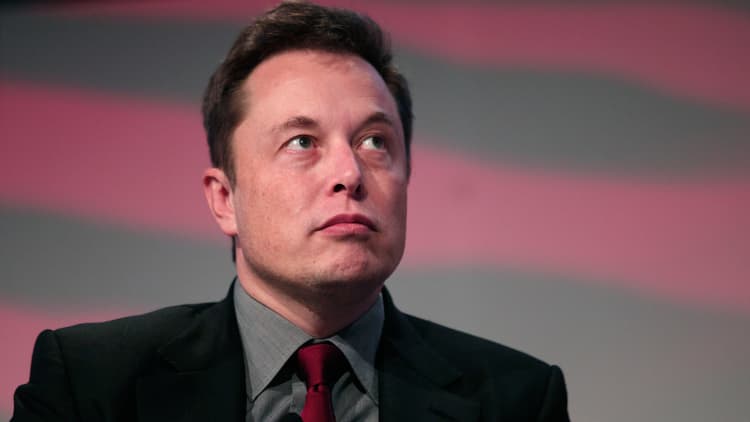Robots are going to replace human workers and when they do, the companies that employ them should be taxed.
So says billionaire Bill Gates. And now, San Francisco lawmaker Jane Kim thinks so too.
In February, in an interview with Quartz, the Microsoft co-founder broached the idea of a "robot tax."
"Right now, the human worker who does, say, $50,000 worth of work in a factory, that income is taxed and you get income tax, social security tax, all those things. If a robot comes in to do the same thing, you'd think that we'd tax the robot at a similar level," he says.
City Supervisor Kim is a proponent of the "robot tax" and is working on an upcoming ballot measure.
Wednesday she launched the Jobs of the Future Fund, an initiative to drive conversation among state business leaders, politicians and local civic organizations about how to prepare for an increasingly automated workforce.
"Some estimates have projected that as many as 50 percent of current American jobs will be lost through the transition to robot, algorithms or other forms of automation," the Jobs of the Future Fund website says.
"Unemployment peaked at 10 percent during the Great Recession and almost 25 percent during the Great Depression," according to the site. It also points to estimates that say automation will replace between 38 and 47 percent of jobs in coming decades, which is more than the Depression and the Great Recession combined.
"An unemployment rate of 38 percent or 47 percent would be a national crisis like we have never seen and would certainly result in spikes in evictions, homelessness and crime. We must act now because the price will be too great if we wait," according to the site.
Money collected with Kim's proposed robot tax would be used to educate and train out-of-work employees for new jobs. It would also be invested into new industries, the Jobs of the Future Fund website says.
Another increasingly popular response to impending job loss has been the idea of universal basic income. A handful of billionaires and tech titans including Elon Musk, Mark Zuckerberg, Richard Branson and Stewart Butterfield have all talked recently about cash handouts as a plausible solution.

But Kim is less interested in cash handouts and more interested in retraining.
"This idea is largely being pushed by tech millionaires and billionaires and we seriously doubt that their 'Basic Income' will be much more than a new kind of welfare check. But the key point is this – people don't want welfare, they want meaningful work," the Jobs of the Future Fund website says.
"This effort is designed to train displaced workers for new high-wage work, not a brave new world where a few people have nearly all the money and power and nearly everyone else gets a 'basic' welfare check."
See also:
Elon Musk: Robots will take your jobs, government will have to pay your wage
Elon Musk says robots will push us to a universal basic income—here's how it would work

Like this story? Like CNBC Make It on Facebook.


